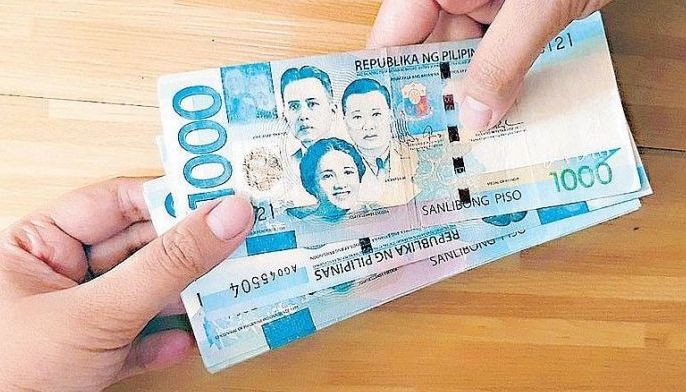Especially for the unbanked
MANILA, Philippines — The credit perception of the unbanked segment of Filipinos has deteriorated as they struggle the most in their financial situations, highlighting the need to expand financial inclusion across the population.
TransUnion Philippines launched yesterday the Credit Perception Index (CPI) 2024 for the country that looked into how Filipinos see credit across multiple dimensions.
As such, the CPI showed a widening gap between the unbanked segment and the general population, especially in terms of credit knowledge.
For 2024, the CPI of the unbanked stood at 39 out of 100, significantly lower than the 53 last year, reflecting a further deterioration of credit perception and knowledge.
TransUnion Asia-Pacific principal of research and consulting Weihan Sun said bank loans of most of the unbanked Filipinos were declined due to insufficient documentation, no proof of income and lack of credit history.
“When you go to a bank or a money lender and get declined again and again, this puts a very negative connotation on credit,” Sun said.
“There still remains a population of consumers who are not getting access to credit. Continued efforts are needed to further expand access and services to unbanked Filipinos, enabling them to realize the benefits of being financially included,” he said.
The CPI for the unbanked is much lower than the index for the general population, which improved to 69 out of 100 from last year’s level of 65, reflecting better knowledge, trust and favorability in credit products among Filipinos.
The disparity between the unbanked and the general population was also bigger this year at 16 percent from just 11 percent in 2023.
Sun emphasized that another reason for the drop of CPI among the unbanked population is that one-fifth of them still do not own any formal financial banking products.
Unbanked Filipinos are likewise struggling the most with the current financial situation, often finding themselves with limited money at the end of the month and having limited ability to splurge on non-essential products and services.
TransUnion said fewer Filipinos are optimistic that their financial situations would improve next year at 84 percent, down six percentage points from 2023.
The study also reflected decreases in the number of Filipinos who expect their household income to increase next year and among those who can easily afford their daily necessities.
Nonetheless, the CPI revealed that 70 percent of Filipinos have a general understanding of the concept of credit, particularly on installment payments, credit cards and buy-now, pay-later services.
While Filipinos are less optimistic about their financial situation, they are still eager to use diverse financial tools and are willing to learn and access financial products to improve their wellbeing.


